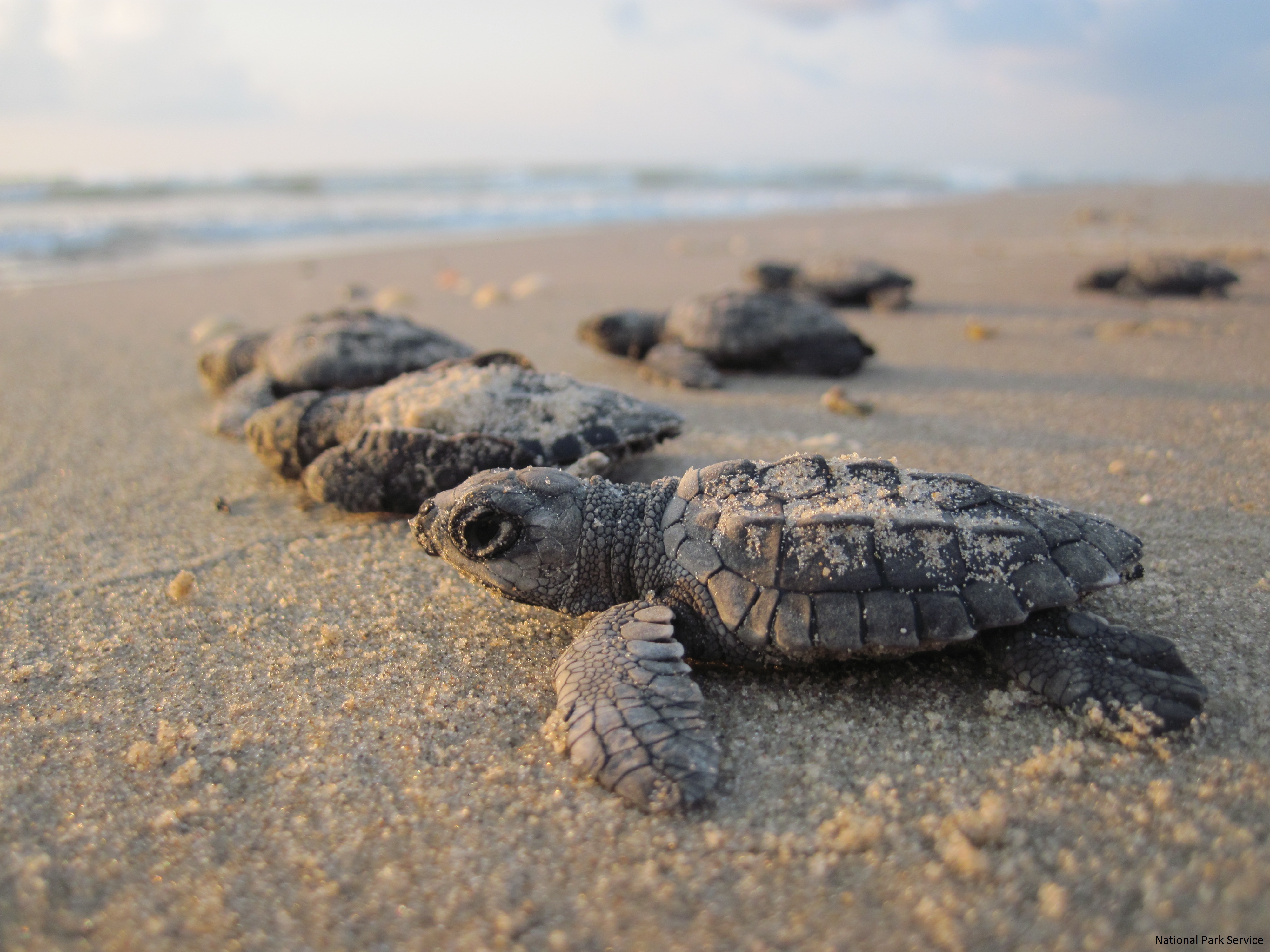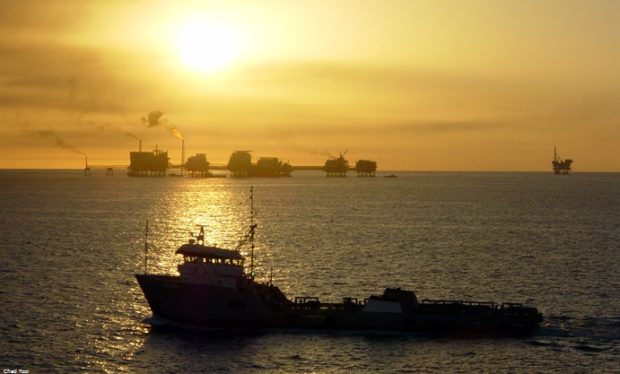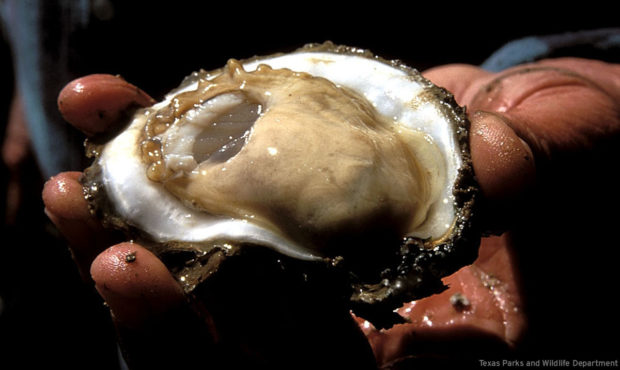We have much more to do and your continued support is needed now more than ever.
President’s Budget Leaves Gulf Coast Restoration Out to Dry

Just in time for hurricane season, the Trump Administration has proposed a Fiscal Year 2018 budget that would leave the Gulf coast even more vulnerable to extreme weather and sea level rise. Instead of strengthening our coast, the President’s budget request cuts programs critical to coastal restoration and protection efforts in Gulf coast states.
Unless you’re from the area, you may only know the Gulf coast as a vacation destination, but it’s so much more than that – it’s the definition of a working coast. You can see the outline of oil rigs and giant container ships while enjoying briny Louisiana oysters and Gulf-caught shrimp – all from the same waters.

The Gulf of Mexico is an invaluable economic driver for the entire nation. The Gulf coast is home to more than 15,000 species of wildlife and generates almost $20 billion each year from wildlife tourism. It produces more than one-third of the nation’s seafood and houses 13 of the top 20 ports by tonnage in the U.S. And it provides more than 90% of the nation’s offshore oil and gas production.
The President’s budget puts coastal communities at risk by eliminating Gulf of Mexico Energy Security Act (GOMESA) funds for the Gulf states. GOMESA, passed in 2006, established a program that shares 37.5% of offshore oil and gas drilling revenue produced in federal waters off their coasts with the four Gulf oil producing states: Alabama, Louisiana, Mississippi, and Texas. Another 12.5 % of the revenues are allocated to the Land and Water Conservation Fund grants to all states. GOMESA aims to compensate states for assuming the environmental and economic risks associated with oil drilling off their coasts. Payments are set to increase significantly this year, with the Gulf Coast states expecting to receive roughly $375 million annually.
By law, these funds must be used for coastal conservation, restoration, and hurricane protection.

Coastal wetlands and barrier islands are the first line of defense to protect coastal communities from flooding, land loss, and extreme weather. Funding through GOMESA can help these states rebuild coastal habitat and wetlands and mitigate damage to wildlife or natural resources. It allows states to implement conservation management plans and funds projects, such as island restoration to promote healthy seagrass habitat in Texas.
Perhaps nowhere is this revenue stream more critical than in Louisiana, where voters overwhelmingly decided to constitutionally dedicate every GOMESA dollar to its Coastal Protection and Restoration Trust Fund to protect and restore the Louisiana coast and Mississippi River Delta. The state coastal agency has long factored this promised revenue into its budget for confronting the land loss crisis in the state, and elimination of this program would be devastating to Louisiana’s efforts to protect coastal communities and national economic assets.

According to the budget, if GOMESA revenues were rescinded, the four Gulf oil-producing states would lose $3.56 billion total in GOMESA funds over the next ten years. Gulf states depend on GOMESA to help strengthen coastal wetlands and safeguard their natural resources to protect our nation’s southern coast. As budget talks continue, we urge Congress to uphold its commitment to the Gulf by maintaining the GOMESA program.
Remember, this budget proposal is just a request, and it still needs to be approved by Congress. Make your voice heard: Tell Congress you oppose the White House’s proposed cuts to the federal budget.
Take ActionTell your Members of Congress: Invest in Our Nation’s Water Resources!
And are you a Gulf Coast state resident yourself? Add your voice to the chorus asking Gulf State representatives to oppose these devastating cuts!
This blog is part of a series outlining why such drastic federal budget cuts would intensify America’s wildlife crisis.






















